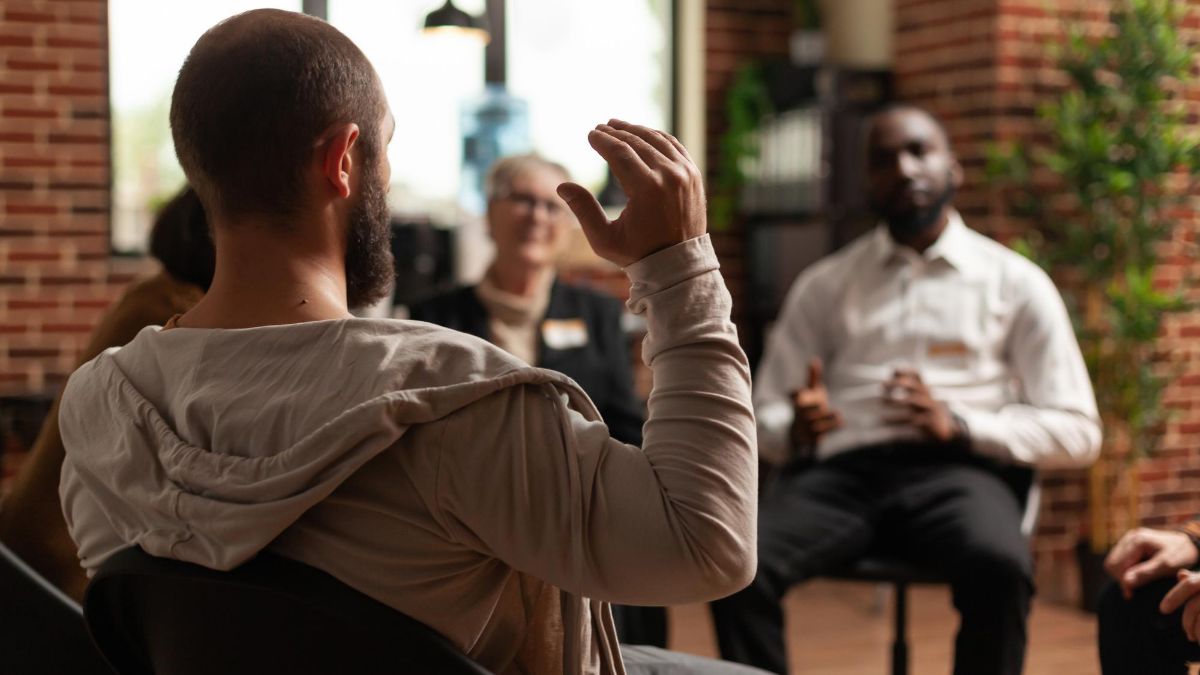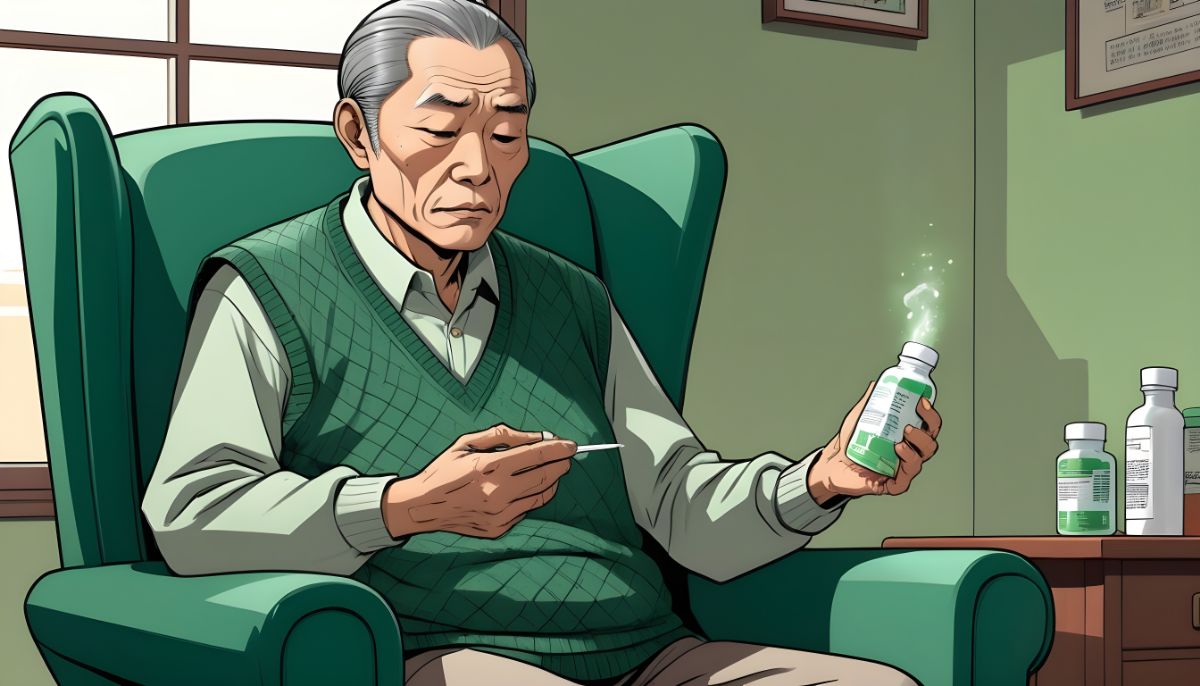
Addiction is one of those chronic diseases but one of the most curable diseases. Although it affects the body, mind, and soul, individuals seeking help for their condition can find professional and right treatment from rehab centers that follow a holistic approach to addiction treatment. When addressing addiction, seeking professional help is crucial for successful recovery. The two most common treatment options used are – residential addiction treatment and outpatient addiction treatment.
While both approaches aim to support individuals in their journey towards sobriety, they differ significantly in:
- Structure
- Level of intensity
- Environment in which they have conducted.
Structure of residential treatment programs
- Living arrangements: Individuals reside at the treatment facilities like Residential Addiction Treatment WhiteSands Tampa for a specified period, often ranging from 30 to 90 days or longer. They stay in a supportive and controlled environment where the treatment program organizes their daily activities, including meals and sleeping arrangements.
- 24/7 supervision: Residential programs provide round-the-clock supervision and support. They are staffed with healthcare professionals who ensure the safety and well-being of the individuals. This constant monitoring allows for immediate intervention in case of emergencies or intense cravings.
- Comprehensive treatment approach: Residential programs offer various evidence-based and holistic therapies. These may include individual counseling, group therapy, family therapy, CBT, DBT, art therapy, experimental therapy, etc.
Structure of Outpatient Treatment Programs
- Flexible Scheduling: Outpatient treatment programs allow individuals to attend therapy sessions while residing at their own homes or in supportive environments. They can continue their daily activities, such as work or school, and attend treatment sessions at scheduled times.
- Therapy Sessions: Outpatient programs involve regular therapy sessions, typically ranging from one to several sessions per week, depending on the individual’s treatment plan and progress. These sessions can include individual counseling, group therapy, psychoeducation, and skill-building workshops.
- Step-down Approach: Outpatient programs can serve as a step-down or transitional option for individuals who have completed a residential treatment program. This allows individuals to gradually reintegrate into their daily lives while maintaining therapeutic support and monitoring.
- Support Network integration: Outpatient programs encourage individuals to build and rely on their support networks. Family members, friends, and local recovery communities are vital in providing ongoing support, accountability, and encouragement. Outpatient treatment often includes family therapy sessions to address any relational or familial dynamics that may contribute to addiction.
Benefits and challenges faced in residential treatment programs
Apart from providing great treatment options with different therapies and modalities, residential treatment programs, there are several benefits as well, which include the following:
- Round-the-clock support: The constant availability of medical and addiction professionals at addiction centers like WhiteSands Alcohol & Drug Rehab in residential treatment programs ensures immediate response to all queries by patients and also helps in providing medical assistance to them. This level of support can be crucial during early recovery stages when individuals may experience withdrawal symptoms or strong urges to use substances.
- Safe and controlled environment: Residential programs provide a controlled and safe environment that removes individuals from the triggers and temptations of their everyday lives. By separating from negative influences and environments associated with substance abuse, individuals can focus on their recovery without distractions, enhancing their chances of success. For instance, rehab centers like WhiteSands are serene, allowing patients to unwind and relax away from a toxic addiction environment. This could also be one of the turning points for individuals looking for a quick way to imbibe holistic approaches in life.
- Comprehensive and therapeutic approaches: Residential programs such as WhiteSands often offer various evidence-based and holistic approaches tailored to individual needs. These therapies address various aspects of addiction, such as individual counseling, group therapy, family therapy, behavioral therapies, and complementary activities. This comprehensive approach promotes healing on multiple levels and equips individuals with essential coping skills.
Some of the challenges faced by residential treatment centers are:
- Time commitment: Residential treatment programs typically require individuals to stay at the treatment facility, ranging from 30 to 90 days or longer, this time commitment may pose challenges for individuals who have work, family, or other responsibilities that they need to temporarily put on hold.
- Disruptions in daily life: Residing at a treatment facility can disrupt an individual’s daily life and routines. This may involve temporarily leaving behind work, school, or personal obligations, which can be challenging for some individuals to manage.
- Cost: Residential treatment programs tend to be more expensive than outpatient programs due to the comprehensive care and 24/7 support they provide. The cost can pose a significant barrier for individuals without adequate insurance coverage or financial resources.
Benefits and Challenges of outpatient treatment programs
- Independence: Outpatient treatment programs provide individuals with the flexibility to continue their daily activities, such as work, school, or family responsibilities, while receiving treatment. This allows individuals to maintain their independence and gradually integrate their recovery into their lives.
- Lower costs: Compared to residential treatment programs, outpatient programs are more affordable. This affordability makes them more accessible to individuals lacking the financial resources for residential programs or with insurance limitations.
- Targeted treatment: Outpatient programs can cater to individuals with varying levels of addiction severity. They can provide targeted treatment based on each individual’s specific needs and progress, allowing for personalized care and a more tailored approach.
- After-care transition: Outpatient treatment can serve as a step-down or transitional option for individuals who have completed a residential program. It provides continued support and monitoring as individual’s transition back to their daily lives, helping them maintain their progress during residential treatment.
Challenges faced by patients in outpatient treatment programs are;
- Limited structure and intensity: Unlike residential programs, outpatient treatment programs typically offer lower intensity and structure. Individuals have fewer weekly therapy sessions and less constant monitoring, which may make it more challenging for those with severe addiction or significant co-occurring mental health issues.
- Exposes to temptations and triggers: While outpatient programs allow individuals to continue their daily lives, they are exposed to the same triggers and temptations they faced before seeking treatment. Managing these triggers outside of a controlled environment can be challenging and require additional coping strategies.
- Time commitment: Although outpatient programs offer more flexibility, they still require a significant time commitment. Depending on their treatment plan, individuals need to attend therapy sessions, which can range from one to several times per week. Balancing these sessions with work, school, or family responsibilities may pose a challenge.
Key Takeaway
The choice between residential and outpatient treatment programs depends on individual circumstances, addiction severity, support systems, and treatment goals. Seeking guidance from addiction professionals can help individuals make an informed decision and maximizes their chances of successful recovery. Remember, addiction is a treatable disease, and seeking professional help for substance abuse and addiction is the first step towards a healthier and fulfilling life free from substances.




